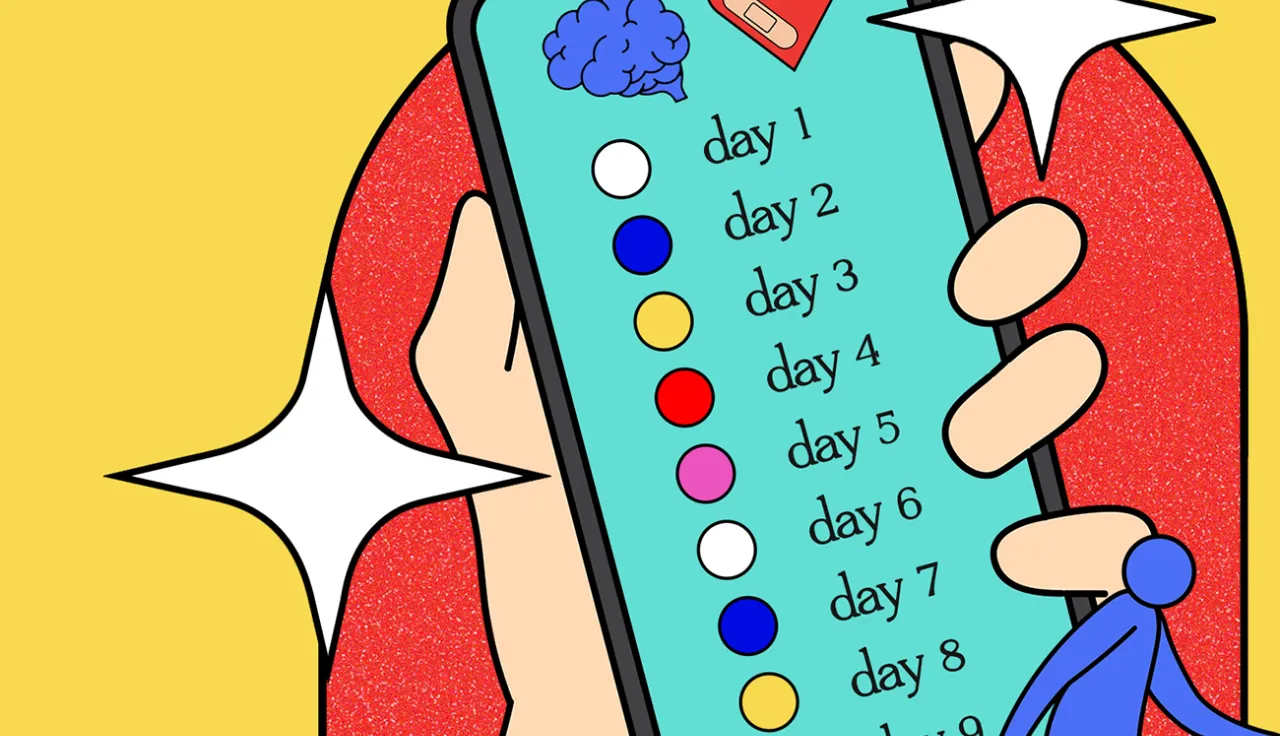ICRC: 9-day course to increase trauma awareness for journalists and communicators

What is trauma? How can we responsibly work with people who come from sensitive backgrounds? How can communicators avoid triggering re-traumatisation of victims and survivors? How can we ensure we are not over-exposing ourselves to trauma in our work?
Trauma is a tricky subject. While trauma-literacy and knowledge has improved over the last few decades, we don't have all the answers yet. In humanitarian work, or any other field that works with trauma-impacted communities, it is essential we continue searching for solutions to questions like those above. This course was created for humanitarian workers and those who communicate or report on conflicts and other situations of violence.
The drive to answer the above questions (and more) led to a collaboration between the International Committee of the Red Cross (ICRC) and the Dart Center for Journalism and Trauma (Asia-Pacific). Following a seminar delivered by the Dart Center to ICRC staff, we realized there is a huge need for this type of information in communication spaces. The aim of Talking Trauma microlearning course is to empower communicators and humanitarians alike, by delivering an engaging 9-day SMS-based course, designed to allow for critical thinking on the subject of trauma and its impacts on communities made vulnerable by conflict or other disasters.
Click to register — 'Talking Trauma: The Impact of Reporting on Humanitarian Crises'
The course is accessed via WhatsApp or SMS and does not require learners to have a pre-existing knowledge of trauma subjects.
In order to check on the progress of the learners, the course features follow-up questions, ensuring that the topics are effectively communicated.
For humanitarians and communicators (particularly those working in conflict areas) getting to the core of what support is needed, or what story needs to be told, can be difficult for all involved. Trauma impacts people differently (including indirectly), and being aware of this helps to keep both those questioning, and those providing answers, emotionally and psychologically safe. Trying to navigate things like re-traumatisation, secondary trauma and repetitive exposure can be challenging without help. This is where Talking Trauma steps in.
Ensuring that communicators and humanitarians are prepared, knowledgeable and aware of resilience and trauma means that all involved, including themselves and the victims and survivors they work with, are treated ethically and respectfully. By participating in Talking Trauma, and gaining an overview of different aspects of trauma-literacy, we hope people will become aware of the gaps in their education of trauma.
Trauma literacy is a concept of understanding psychological trauma experiences and potential trauma manifestations in individuals, communities or societies. Trauma literacy is also about understanding the potential impact on ourselves as we become immersed in the world of those undergoing human rights abuses, natural disasters and other atrocities. As communicators it is therefore imperative that 'trauma literacy' becomes the foundational skill, and lens used to inform others about the experience of such tragedies. Being trauma informed allows us to communicate with truth and humanity.
- Dr Cait McMahon OAM, MAPS - Board Member and former Managing Director, Dart Centre Asia Pacific
As a firm practitioner of the 'do-no-harm' principle, the ICRC bases much of its work on a people-centered approach – working with communities to understand what support or assistance is needed and by whom.



